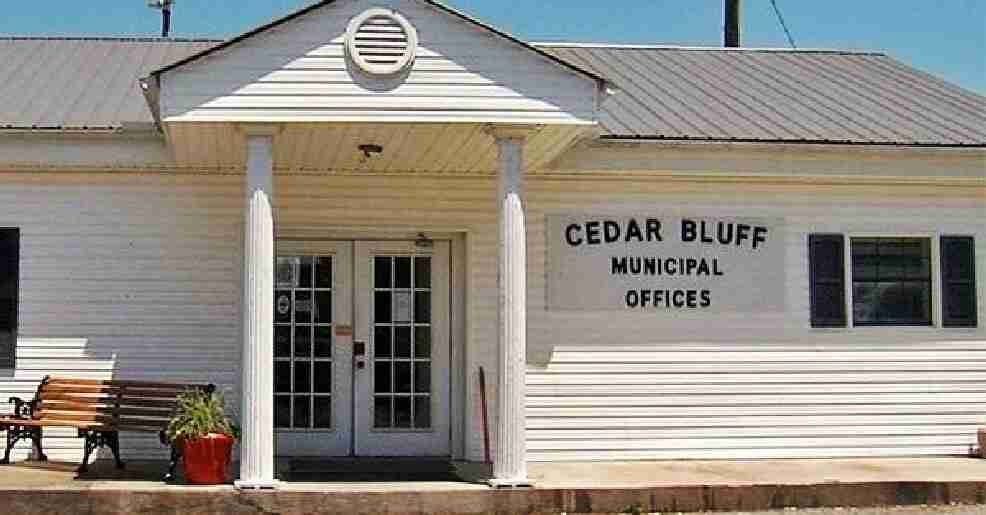 ABC News(WASHINGTON) — President Donald Trump has agreed to meet with North Korean leader Kim Jong Un by this May, South Korea’s national adviser announced at the White House Thursday evening. He had briefed the president on a message from Kim earlier in the day.
ABC News(WASHINGTON) — President Donald Trump has agreed to meet with North Korean leader Kim Jong Un by this May, South Korea’s national adviser announced at the White House Thursday evening. He had briefed the president on a message from Kim earlier in the day.
The South Korean envoy said that in his recent talks with Kim, the North Korean leader had expressed an eagerness to meet with Trump as soon as possible.
He said that Kim had said he was committed to denuclearization, suspending more missile tests, and had agreed that U.S.-South Korean joint military exercises the North objects to must continue.
The dramatic disclosure came after Trump told reporters Thursday afternoon to expect a major announcement from South Korea.
That word from the president comes after a South Korean delegation met with top national security officials at the White House earlier in the day.
After talks with South Korean officials in the past few days, North Korean leader Kim Jong Un has indicated a willingness to hold talks with the U.S. about denuclearization.
After Trump ducked into the White House briefing room to tease the announcement, ABC News’ Jonathan Karl ran into Trump himself who told Karl it was going to be a big deal.
“You should be there,” Trump said. When Karl asked him whether the announcement was about possible talks with North Korea, Trump responded, “It’s almost beyond that. Hopefully, you will give me credit.”
The president was accompanied by Vice President Mike Pence.
Officials said South Korea’s national security adviser would make the 7 p.m. announcement in the White House briefing room.
According to an administration official, a “large delegation of United States government officials” were debriefed by a South Korean delegation.
Among the U.S. officials in the room, per this official, were National Security Adviser H.R. McMaster, Defense Secretary James Mattis, Deputy Secretary of State Sullivan and Director of National Intelligence Dan Coats.
The officials said that after that meeting at the Eisenhower Executive Office Building, the so-called Blue House delegation accompanied by McMaster went to the Oval Office to debrief the president. At some point after that, the president decided to drop by the briefing room to tease an announcement.
The U.S. and South Korea postponed this year’s annual “Foal Eagle” and “Key Resolve” exercises until after the Winter Olympics and Paralympic Games being held in South Korea. The exercises typically involve additional air, sea and ground forces beyond the 28,500 American troops regularly deployed to South Korea.
“The focus during this time is the security and success of the Olympics,” said Lt. Colonel Christopher Logan, a Defense Department spokesman. “We will release additional information about future exercises after the Olympics.”
The Paralympic Games end on March 18, but the Pentagon has not officially announced a start date for both exercises that are typically held every March and April.
According to a U.S. official, though, the Foal Eagle exercise will begin on March 31 and last for two months. The Key Resolve exercise will begin in mid-April and extend through the first week in May, the official said.
During Foal Eagle, large numbers of U.S. and South Korean military personnel carry out realistic training scenarios throughout South Korea. But Key Resolve involves only headquarters units reacting to computer simulations.
North Korea has often condemned the Foal Eagle exercise and used it as an excuse for its provocative missile and nuclear tests.
“North Korea objects to Foal Eagle because it involves U.
S. troops coming to South Korea, and participating in realistic joint training, said Steve Ganyard, ABC News contributor. “It directly counteracts North Korean propaganda and points out the strength of the U.S. and South Korean military alliance.”
But North Korean leader Kim Jong Un may have softened that stance with his recent overture for denuclearization talks with the United States.
South Korean officials who met with Kim this past weekend said he told them he understood why South Korea holds the exercises and said they would be hard to cancel anyway.
“If Kim sticks to his playbook, ceasing field exercises like Foal Eagle will be among the first North Korean demands,” said Ganyard. “He sees it as a way to weaken the South’s military defense and thereby divide the alliance.”
Ganyard said the first test of the strength of the U.S.-South Korean alliance will be if Kim’s demand gains popular support in South Korea while the U.S. would probably want to see North Korea make concrete proposals, particularly about doing away with its nuclear weapons program.
This is a breaking news story. Please refresh for updates.
Copyright © 2018, ABC Radio. All rights reserved.


